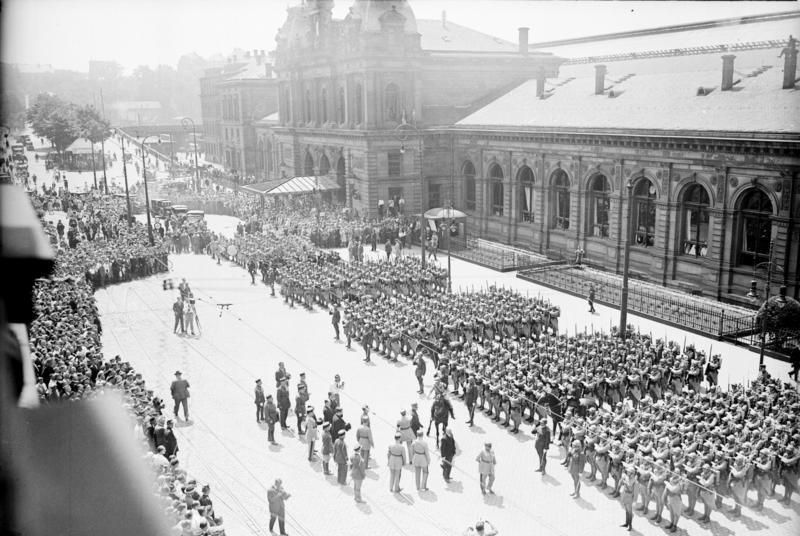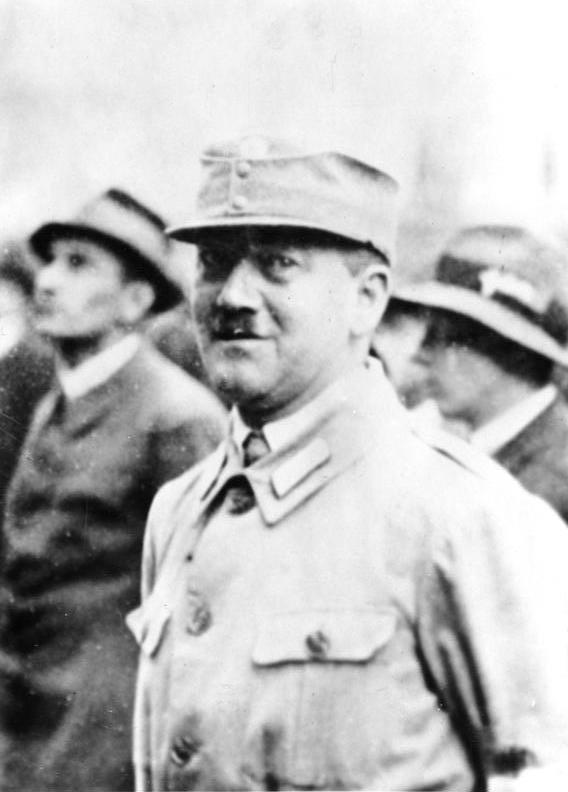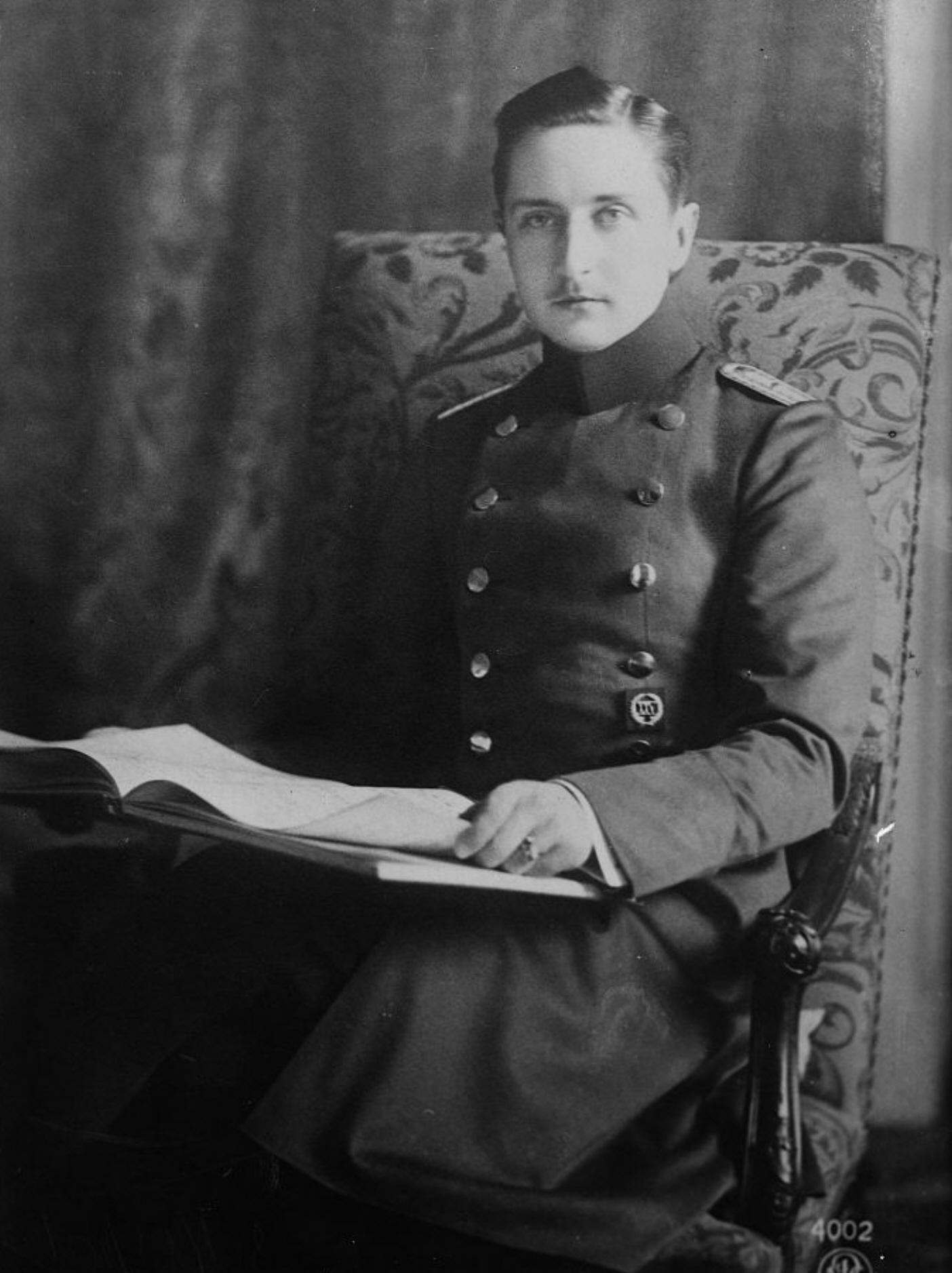Mainz,
Germany: “Amid tremendous outbursts of
enthusiasm of the populace, the last hobnailed boot of foreign troops vanished
Monday from German soil.” So leads the
Universal Press article describing the scene in Mainz, throughout the
Rhineland, and over much of Germany, as the last French forces occupying German
soil after the World War depart. At
11:15 a.m., the French flag is hauled down from the old Mainz castle, and the
last several hundred French soldiers march to the train station to depart. Some Germans cheer. But at the train station, a crowd
hisses and boos the departing troops.
The German
government issues a statement tonight which reads in part: “There are still
heavy clouds overhanging the political and economic life of our people. The present day, however, gives reason for
hope in the future.” President Paul von
Hindenburg refers to the occupation as “arbitrary foreign rule” in his
comments.
Church bells are
rung for an hour all over Germany, and public offices are closed. At nightfall, bonfires are lit on the banks of
the Rhine, and people celebrate into the night.
Paris: The French press, on the other hand, worries
that in the midst of their celebrations (and boos), Germans have not
appreciated the fact that France is withdrawing its troops earlier than
originally agreed. Some even predict
that Germany’s fascists – the nazis of Adolf Hitler – will grow in influence
without a French presence.
Matamoros,
Mexico: Twenty people are killed and
eight more wounded when a mob of communists battles police in this central
Mexican city. The communists had sought
permission for a march of protest against the Mexican government’s arrest of
communists in other parts of the country.
When they were refused, they marched anyway. Press reports say the communists opened fire
on police.
Bilboa, Spain: Communists are
also implicated in two bomb blasts that destroy houses under construction here. No one is injured. Police, who seize two alleged perpetrators
after a gun battle, say the bombs were an attempt to incite a general strike.





